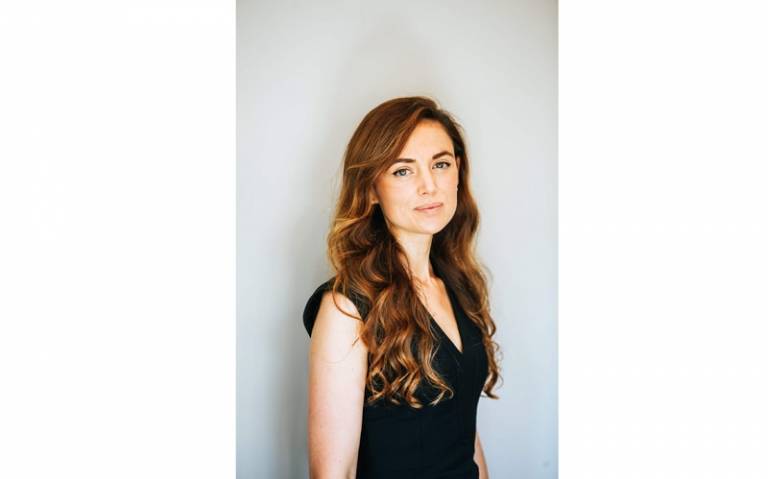We can better tackle global crises, such as pandemics, by firmly embedding science in policymaking, says the World Economic Forum (WEF) Young Scientists, led by a UCL academic.

Professor Ruth Morgan, Director of the UCL Centre for the Forensic Sciences, has led on an open letter from the group, published by Frontiers Policy Labs, calling for policymakers to embed science at an early stage to more efficiently tackle global issues such as those caused by climate change, inequality and pandemics. They say this approach would work better than bringing science in once the problem is critical, and suggest that regular interactions between scientists and policymakers could help to mitigate scenarios when they arise.
The letter has been signed by 52 scholars from academic institutions around the world including Yale University, the University of Hong Kong and ETH Zurich. The signatories say that for science to become rooted in decision-making, a new culture of engagement between policymakers and scientists needs to be established.
The call urges higher education institutions to do more to support researchers in policy engagement, allowing for a more meaningful and impactful dialogue between policymakers and scientists. Specifically, the Young Scientists are calling for 10% of scientists around the world (roughly one million) to dedicate two hours per week to policy engagement, creating 100 million hours over a year. Bringing key science findings and insights to specific policy issues could be through briefings, presentations or other written material.
Professor Morgan said: "Groundbreaking, pioneering science is step one, but we also need to get that science into the hands of those working in policy who can use it to change the world for the better. There's no quick fix, it takes time to build relationships over months and years.
"If we can create opportunities for scientists and policymakers to be in ongoing conversations, we will be better equipped to tackle the big challenges coming our way. We hope this initiative can be a starting point for a broader conversation amongst global leaders and institutions about how we can make this happen."
The group says that scientists are not often incentivised to devote time to engage in building networks and bridges beyond their discipline. As a result, critical scientific research does not always end up in the hands of those that can deploy it for the good of society and opportunities to solve problems may be missed.
Dr Frederick Fenter, CEO, Frontiers Policy Labs, said: "Many of the challenges we face as a global society - in relation to human wellbeing and planetary health - can only be addressed successfully and sustainably with the help of dedicated, level-headed experts who can translate the implications of research into evidence-based policy.
"What the Policy Labs has taught us is that most researchers want to engage with the policy process. And this piece shows that at present, it remains very challenging for them to do so. We also welcome recent efforts by the EU to reform research assessment, and we believe the issue highlighted in Professor Morgan's piece should be a central part of that process. The pandemic and our response to it has resoundingly demonstrated that we must act now, in earnest, to strengthen the link between scientific evidence and policy."
Greta Keenan, Young Scientists Community Manager at WEF, said: "Rather than wheeling out scientists in times of crisis, the world could benefit from stronger, more consistent interactions between scientists and policymakers. As the international organisation for public private partnership, we recognise the importance of giving scientists a seat at the table, and supporting rising star scientists to develop the systems and leadership skills required to solve global challenges."
The Young Scientists say that if we are to ensure science contributes to society, we must value and reward science engagement in policy when assessing scientific excellence, creating a system that incorporates the contributions and skills involved in providing evidence for policymaking.






